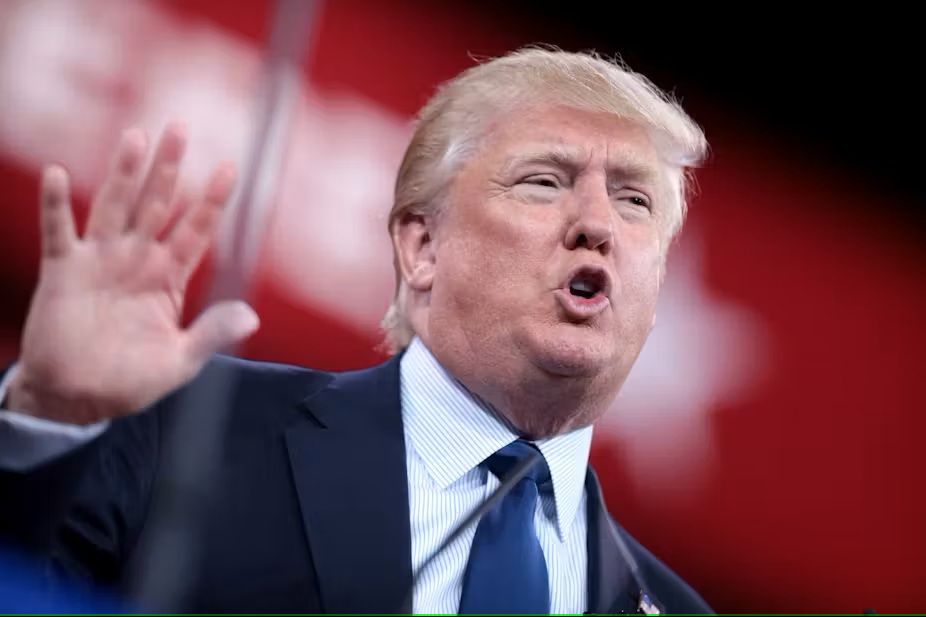By Michael Walsh
U.S President Donald Trump recently announced that he intends to nominate Jared Novelly to serve as the U.S Ambassador to New Zealand. One of the questions that begs is whether the Trump administration will continue to extend diplomatic recognition to Cook Islands and Niue.
On 24 January, President Trump posted that he was “pleased to announce that Jared Novelly will serve as the next United States Ambassador to New Zealand and the Independent State of Samoa.” No mention was made as to whether he intended to appoint Novelly to concurrently serve as the U.S Ambassador to Cook Islands and Niue.
This is a noteworthy omission for three reasons.
First, the Biden administration extended diplomatic recognition to Cook Islands and Niue on September 25, 2023. And, one would expect that the next U.S ambassador to New Zealand would be concurrently accredited as the U.S ambassador to Cook Islands and Niue.
Second, Cook Islands is making international newspaper headlines for a new comprehensive security partnership agreement with the People’s Republic of China. That move has not only sparked backlash over whether New Zealand was “adequately consulted” in accordance with the free association agreement that exists between the two countries. It has riled Washington.
Third, Trump has a track-record that shows that he is willing to upend the status quo when it comes to diplomatic recognition. In his first term, he terminated U.S recognition of Western Sahara as a dependency or area of special sovereignty. In his second term, he has already talked about taking over Greenland even though the U.S Department of State recognises it as a dependency or area of special sovereignty of Denmark.
When placed in that context, it is remarkable that Trump’s social media post has not drawn more attention from foreign correspondents from Australia, New Zealand and the Pacific Island Countries. At a minimum, one would have expected more requests for clarification from The White House.
For argument’s sake, let’s assume that the omission was simply an oversight. That would still be a useful fact to have out there in the public domain.
That information would not only provide additional evidence for researchers who are tracking the quality crisis in US foreign policy. It would serve as a potential input for those tasked with imagining future scenarios for major power competition in the Pacific Islands Region.
Per his recent comments on taking control of the Gaza Strip, Trump has made clear that he is willing to use diplomatic recognition as a tool for pursuing his America First Foreign Policy Agenda.
In the Pacific Islands region, a key question then is whether the Trump Administration has any intention of taking that approach in U.S relations with New Zealand, Cook Islands and Niue. More journalists should start asking it.















